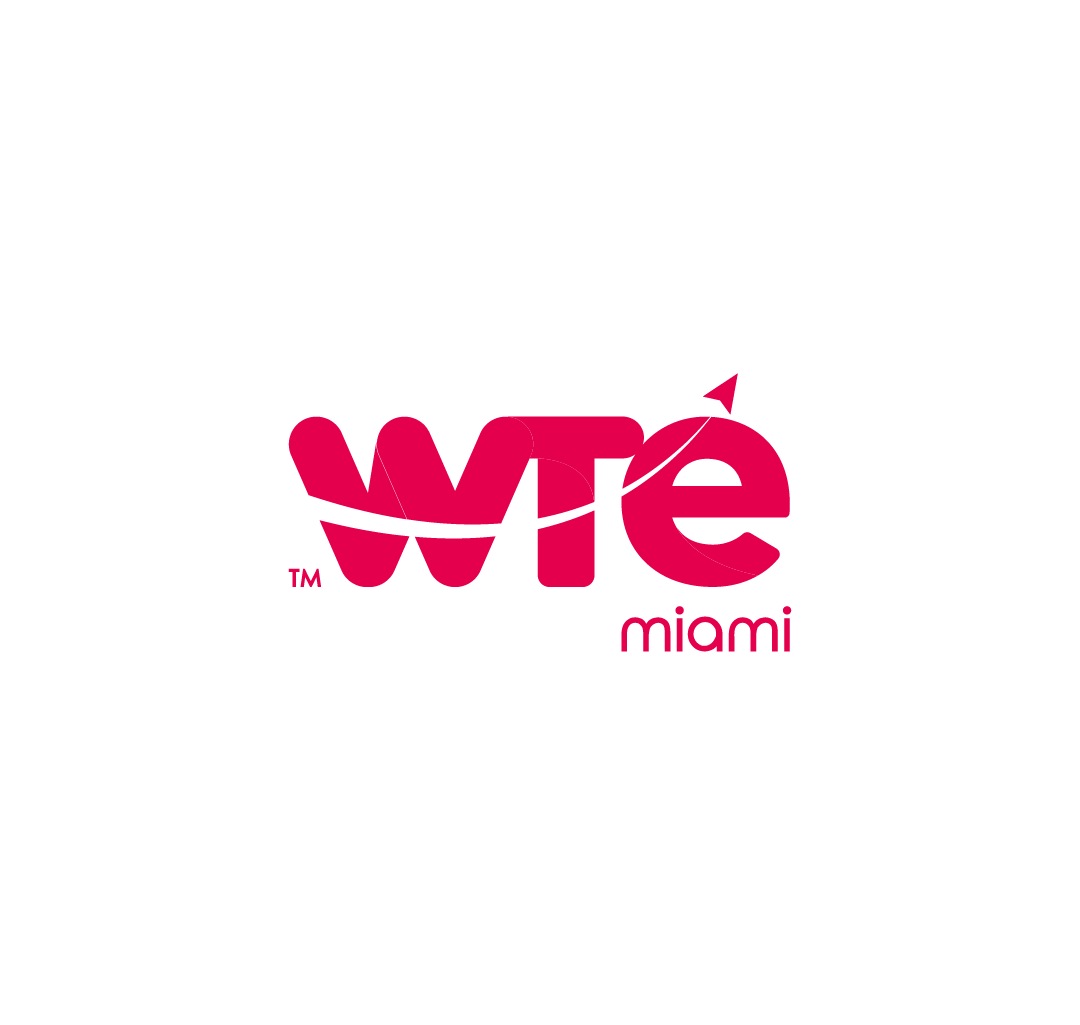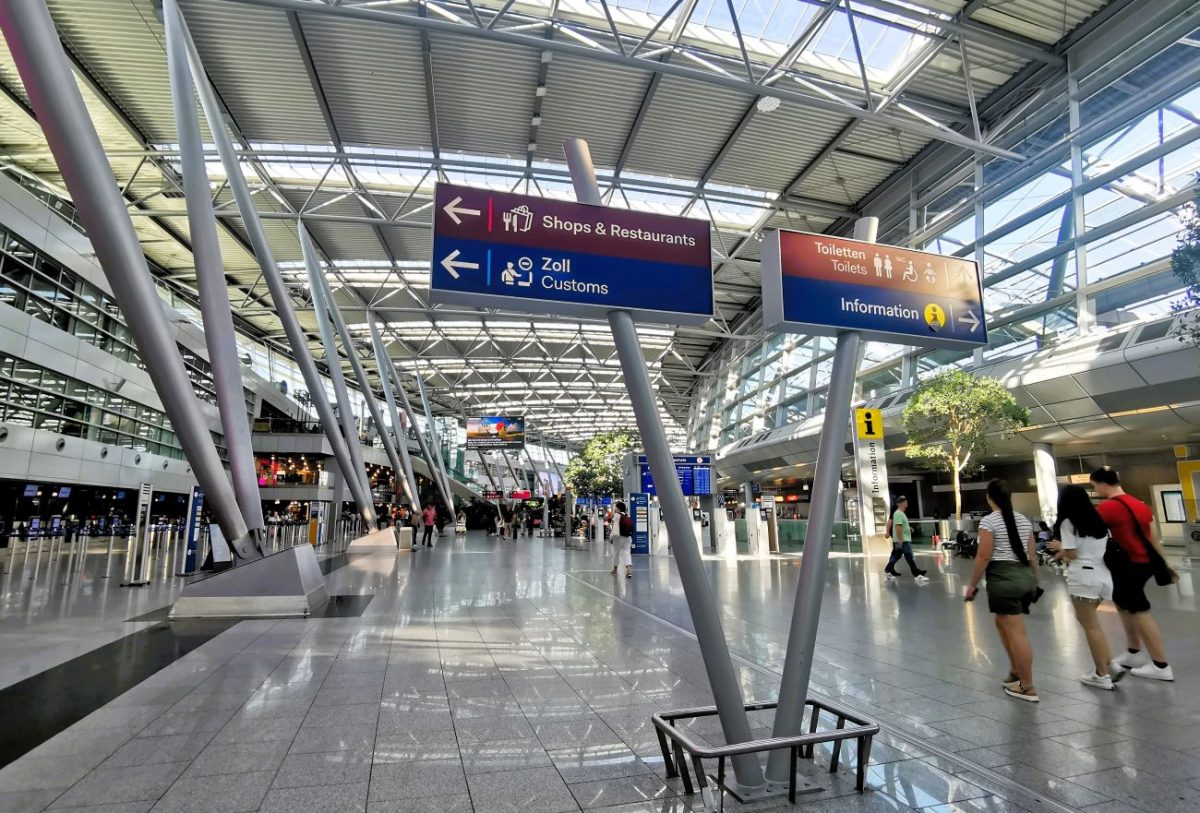TravelMole Travel Technology Digest Q&A with Global Travel Market’s Dave Simmons
Dave Simmons is chief executive of destination-based metasearch specialist Global Travel Market. The company launched australiatravelmarket.com two years ago and has just introduced asiantravelmarket.com
Q: What made you set up Global Travel Market?
A: I’ve been in the industry for 10 years, five years in the Airtours Group (MyTravel) and five years as managing director of Quest.
It became apparent that the way customers are booking travel was changing and it continues to change at a pace. The customer has access to so much information they did not have before. They have confidence and want to be in control of how they use that information.
Five years ago they relied on a company like Quest or were reliant on an agent to advise them but now they have confidence to research the destination and that was the thinking behind the establishment of Global Travel Market.
Then, two years ago, I met an 80-year old couple, on holiday on the Barrier Reef who had booked flights with a travel agent and everything else on the web.
It was a wake-up call and summed up what I had been thinking for some time. It is about bringing together all the information necessary at the same time as leaving people in control.
You can book a hotel or flight or find a tour operator to hold your hand and that’s the essence of it. I was also aware that for suppliers product was difficult to bring to market cost effectively. We have created an open platform and anyone can engage on it on a cost-per-click basis.
Q: What do you see www.australiatravelmarket.com as?
A: We’re a destination-based meta-search engine. Existing meta-search sites do a good job and they are sizeable but very commoditised and there was significant opportunity to add value to the consumer experience particularly those travelling long-haul because the consumer buys the destination first and then the other bits.
We have no intention of competing with the existing meta-search companies but we felt there was a gap to take the meta-search concept and apply it to the long-haul market.
We have just gone live with asiatravelmarket.com covering Singapore, Hong Kong, Malaysia, Thailand and the Philippines.
Q: Many companies said they would not supply content to meta-search companies when they were first introduced – what’s your view?
A: There is a maturity from some tour operators and they recognise they need to find new ways to attract customers.
The great thing about online when you compare it with offline advertising is the variable cost of customer acquisition.
I understand the margin tour operators work to and we have to ensure they get a profitable return on investment. Whereas as some of the search engines are beginning to price themselves at a level that is uneconomic, with us you are only paying if you get people in contact with your brand.
Q: What about blogs, reviews and social networking sites?
A: We’re trying to place ourselves in that space and we have just launched reviews. We’re also about to develop a blog strategy to engage our destination partners to share experiences.
We’re keen to be involved in social networking but it is evolving ever so quickly. You can’t fight against it but it’s a challenge for large commercial organisations to engage it without compromising their relationship with their suppliers.
There are a number of companies doing it exceptionally well and a number struggling.
Q: What are your predictions for the coming year?
A: There is going to be significant change over the next 12 months.
There will be change among the top five flight engines such as expedia, opodo, ebookers and lastminute and one of the brands might disappear.
There will also be consolidation in the meta-search environment because there are probably too many. Meta-search is now where flight engines were about seven years ago before regional and global consolidation. We will increasingly see product coming direct to consumers more aggressively.
Long-haul airlines have been sitting back but you will see them pushing hard to get directly to the consumer, which will make it tougher for agents.
Q: What is your view of independent agents?
A: There is a role for good independent agents. My experience is that there are groups of consumers who want to sit down and talk about their holiday but the key is to demonstrate to the consumer and to the product provider how they add value.
Differentiating yourself on service is not too hard because generally the service levels from the multiples have been poor. Agents need to differentiate themselves around service levels, or by being upmarket, being holiday-type specific or destination specific.
Those who sit still with their hands in their pockets thinking they are owed a living will not be around in a year’s time.
Report by Linda Fox
Phil Davies
Have your say Cancel reply
Subscribe/Login to Travel Mole Newsletter
Travel Mole Newsletter is a subscriber only travel trade news publication. If you are receiving this message, simply enter your email address to sign in or register if you are not. In order to display the B2B travel content that meets your business needs, we need to know who are and what are your business needs. ITR is free to our subscribers.








































Airlines suspend Madagascar services following unrest and army revolt
TAP Air Portugal to operate 29 flights due to strike on December 11
Qatar Airways offers flexible payment options for European travellers
Air Mauritius reduces frequencies to Europe and Asia for the holiday season
Airbnb eyes a loyalty program but details remain under wraps